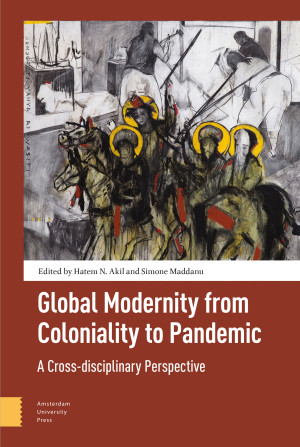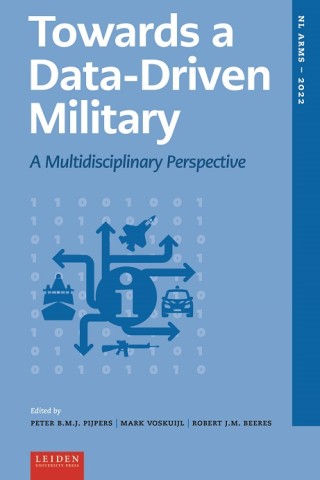Global Modernity from Coloniality to Pandemic explores issues related to the global crises of our time: reason, science, and the environment by revisiting the notions of modernity, modernism, and modernization, which can no longer be considered purely Western or strictly secular. The book poses questions about viewing modernity today from the vantage point of traditionally disparate disciplines – engaging scholars from sociology to science, philosophy to robotics, medicine to visual culture, mathematics to cultural theory, biology to environmental studies. Leading sociologist Alain Touraine contributes a new text in which he reflects on the role of women, refugees and migrants, and the future of democracy. In their conclusion, the editors posit a fundamental ethical distinction between modernization and modernity and call for a new understanding of modernity that is globally distributed, informed by the voices of many, and concerned with crises that threaten all of us at the level of the species – a modernity-to-come.





